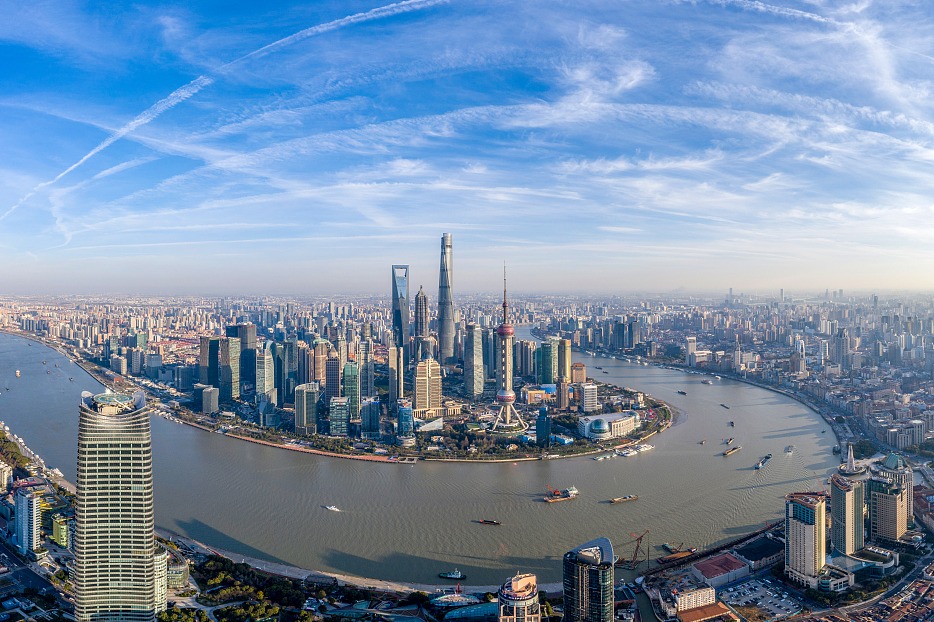Germany grapples with slowdowns
By Shao Xinying | China Daily | Updated: 2024-10-23 09:59

The German government's recent downgrade of its economic forecast to negative growth can be attributed to long-term factors, including high labor costs and the need for infrastructure updates, which has been complicated by high energy costs and weaker demand, experts say.
They also noted that insufficient investment and weak consumer demand have further contributed to the economic slowdown, complicating the eurozone's challenges.
Germany lowered its growth forecast for 2024, estimating a 0.2 percent decline in the GDP, revised down from 0.3 percent in April. If the predictions bear out, it would mark the second consecutive year of recession for the German economy. Last year, its economy shrank by 0.3 percent.
"It reflects the structural problems, including high labor costs, relatively high corporate taxes and bureaucratic procedures in economic activities," Wu Huiping, deputy director of the German Studies Center at Tongji University, told China Daily.
"Despite being a developed country, funding in upgrading infrastructure remains insufficient, adversely impacting the economy," she said.
Jian Junbo, deputy director of the Center for China-Europe Relations at Fudan University's Institute of International Studies, said Germany, as an export-oriented economy, lacks sufficient investment, "exacerbated by limited public fiscal stimulus as funds are partly directed toward military aid for Ukraine and social welfare".
"Weak consumption and reduced exports arise from both domestic challenges and the global environment," Jian told China Daily. "Germany is especially vulnerable to inflation, worsened after the Ukraine crisis, due to its heavy reliance on foreign trade and its manufacturing-centric economy, which is more pronounced than in other European nations."
Germany's Manufacturing PMI dropped to 40.6 in September from 42.4 in August. This marks the fourth straight month of worsening conditions and the lowest level in a year, Reuters reported.
Sparking concerns
The data for industrial orders, released recently, sparks concerns that manufacturing activity in Europe's largest economy is unlikely to recover in the coming months.
"The slowing down of the locomotive of the European economy is indeed bad news for the continent, as the continent's share of global trade and GDP has been steadily declining over the years," Wu said.
Despite German objections to imposing tariffs on China-made electric vehicles, the EU has voted to move forward with its tariff plan.
"Germany voting no is driven by its economic interests, underlying practical considerations as Germany's automotive sector heavily benefits from its ties to China," Wu said.
Jian said that integrating with the Chinese market could offer opportunities for technological advancement, a key area where cooperation may help offset some of Germany's economic challenges.
To boost economic growth, the government has proposed a growth package of 49 measures, including tax incentives, reducing bureaucracy and easing high energy prices.
"Their impact remains to be seen as without resolving the underlying challenges, including outdated infrastructure and administrative inefficiencies, it remains difficult to predict substantial economic improvement," Wu said.
Chen Yitian contributed to this story.
























